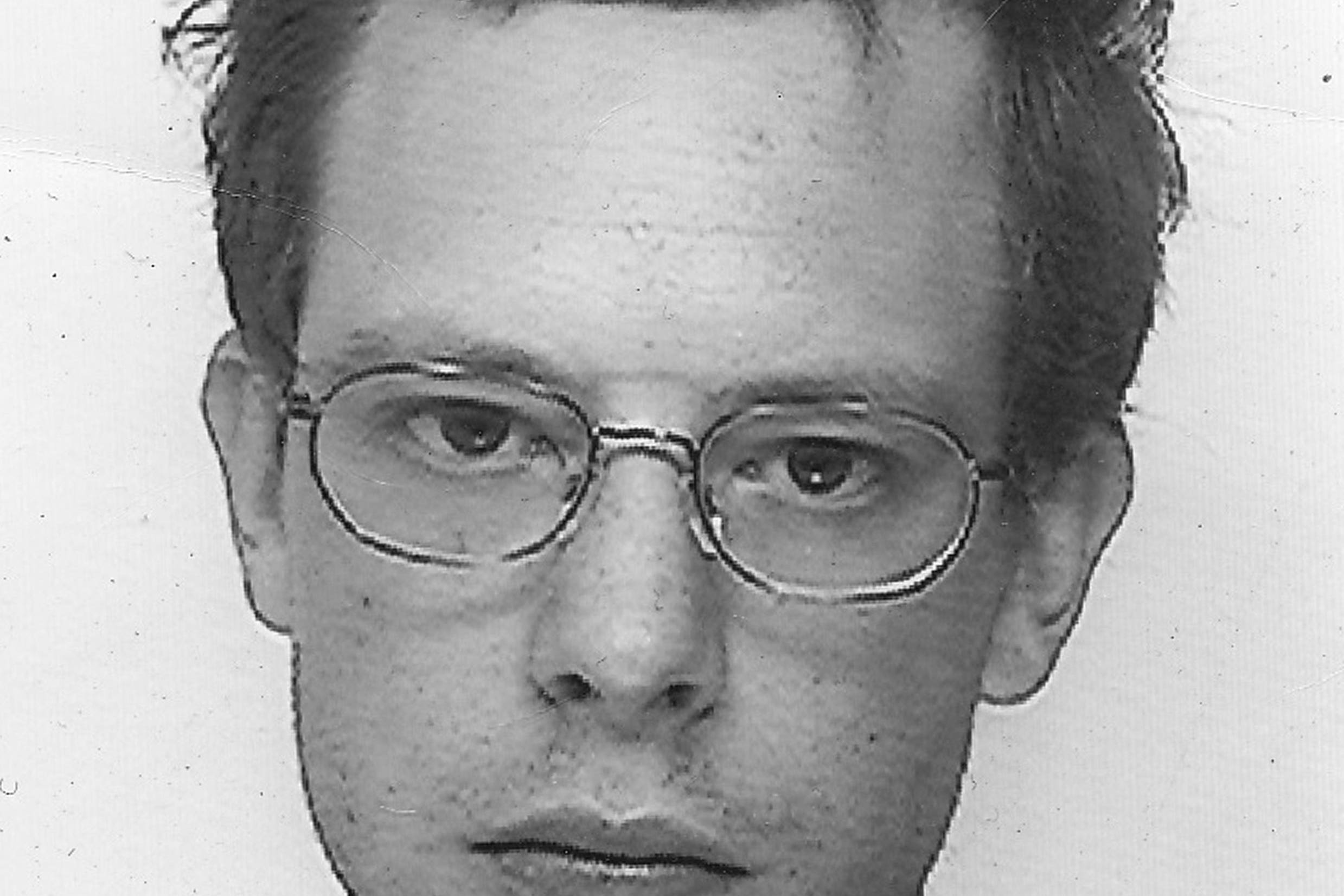Family of man who died after police restraint seek ‘full and genuine apology’
Thomas Orchard died in Exeter in October 2012.

The family of a church caretaker who died after being restrained in custody have called for a “full and genuine apology” after an inquest found police failures may have contributed to his death.
Thomas Orchard, 32, suffered a cardiac arrest after being held down, handcuffed and placed in restraints with an Emergency Response Belt (ERB) – designed to restrain limbs – wrapped around his face.
Mr Orchard died in hospital seven days after being arrested and taken to Devon and Cornwall Police’s Heavitree Road custody unit in Exeter, Devon, in October 2012.
An inquest, lasting seven weeks at County Hall in Exeter, heard that Mr Orchard, who had paranoid schizophrenia, was experiencing a mental health crisis at the time.
The jury found a series of admitted failures by Devon and Cornwall Police relating to the use of the ERB over a 10-year period possibly “caused or contributed” to Mr Orchard’s death.
In conclusions reached on Thursday evening, the jury said it was not “reasonable” to leave Mr Orchard restrained and unsupervised in a police van for nine minutes.
The jury said: “This is part of a prolonged restraint, so possibly contributing to Thomas’ death.”
It ruled that the initial decision to apply the ERB around Mr Orchard’s face was “necessary and reasonable”, given the officers’ training and the lack of an alternative means to protect themselves from spitting or biting.
However, the jury noted that no prior warning or explanation was given to Mr Orchard before the belt was placed around his face.
The conclusion of the inquest marks another milestone as we continue to seek justice for our son and brother
It concluded it was possible that using the belt in this way could possibly have “caused or contributed to Thomas’ death”.
The jury said it was not “necessary and reasonable” to use the ERB as Mr Orchard was carried to a cell, adding that it was possible this also caused or contributed to his death.
It also ruled that it was not “necessary and reasonable” to continue to use the belt around Mr Orchard’s face while he was in the cell.
Following this inquest, Mr Orchard’s family released a statement through the charity Inquest which has been supporting them since his death more than 11 years ago.
“The conclusion of the inquest marks another milestone as we continue to seek justice for our son and brother,” they said.
“We are pleased that the inquest has thoroughly and carefully examined elements of Thomas, his life and the circumstances of his death.
“We feel that Thomas was let down by those involved in his arrest and detention and they missed many opportunities to prevent his death.”
Mr Orchard’s family said they were “very distressed” that the coroner had not allowed the inquest jury to conclude that his death was an unlawful killing.
They accused Devon and Cornwall Police of seeking to “deflect, mislead and overwhelm those seeking answers” over the past 11 years.
His family added: “We would welcome the receipt of a full and genuine apology from the force, something which we have never received to date.”
They also called for a “cultural change” in policing to treat people, especially those in mental distress, with “kindness and compassion”.
Mr Orchard was arrested in Exeter city centre at 11am on October 3 after being abusive to members of the public while experiencing a mental health crisis.
Seven police officers dealt with Mr Orchard, who was handcuffed and restrained around his legs before being driven to the custody suite.
While in a holding cell area, the ERB was placed around Mr Orchard’s head due to a “perceived attempt to bite”, the jury found.
At 11.24am, Mr Orchard was carried into a cell and placed face-down on a mattress before being searched. The restraints and ERB were removed before Mr Orchard was left alone in the locked cell.
He appeared to lay there motionless for 12 minutes before custody staff re-entered and commenced CPR. An ambulance arrived and took Mr Orchard to the Royal Devon and Exeter Hospital, where he died on October 10.
We accept and respect the conclusions reached by the jury in this inquest
Following the inquest, Acting Chief Constable Jim Colwell, of Devon and Cornwall Police, said failings by the force were admitted within the inquest.
“For those failings, I offer an unreserved apology,” he said.
He later added: “We accept and respect the conclusions reached by the jury in this inquest.”
Sgt Jan Kingshott and civilian detention officers Simon Tansley and Michael Marsden were acquitted of manslaughter by gross negligence following a trial in 2017.
Later, the office of the chief constable of Devon and Cornwall Police pleaded guilty to breaches under the Health and Safety at Work Act.
In the health and safety case, a judge ruled they could not be sure that the ERB was a contributory factor in Mr Orchard’s death.
Bookmark popover
Removed from bookmarks